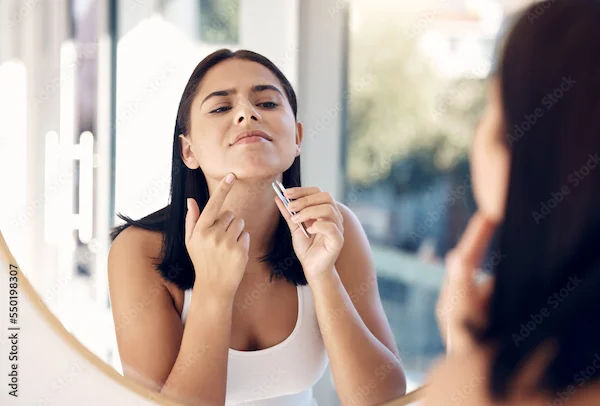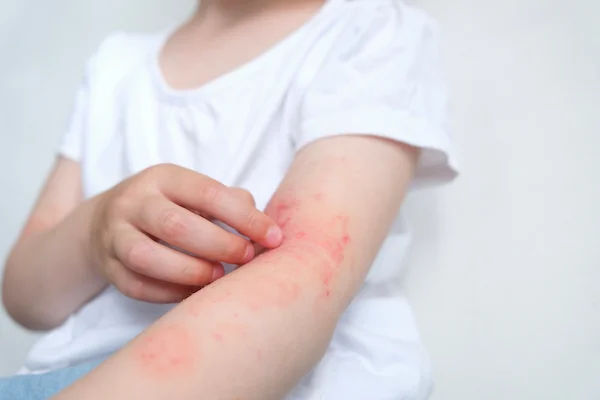- Male
- 1 Years
- 07/02/2025
My son has been having this skin allergy or infection for the last 15 days, and I'm really worried because it seems to be getting worse instead of better. The pediatrician suggested using Permite ointment and Opox dry syrup for a week, but it hasn't helped at all. Can you please help me understand what's going on and what we should do next?
More Dermatology Health Queries
View allI've been struggling with gynecomastia for the last decade and it's really been bothering me. Can you suggest some good advice or the best treatment options for dealing with this?
auses
read more![Doctor 1]()
![Doctor 2]()
Answered by 1 Apollo Doctors
I've been using Melacare cream for about 10 years now, and recently I've noticed my face turning red. Is this a side effect of the cream? Can you help me understand what's happening?
Yes stop using it and visit dermatologist for alternate medicine
read more![Doctor 1]()
![Doctor 2]()
Answered by 1 Apollo Doctors
I'm reaching out because my skin doctor diagnosed me with ringworm and suggested I use Funginil soap and cream. It's been about a month now, but the ringworm hasn't gone away. Am I on the right track with this treatment?
Ringworm can sometimes be stubborn to treat. In addition to using funginil soap and cream, I recommend adding an antifungal medication like Terbinafine (brand name Lamisil) cream to your treatment regimen. Apply the Terbinafine cream twice daily for at least 2 weeks. If the ringworm persists, consult your doctor for further evaluation and possible oral antifungal medication.
read more![Doctor 1]()
![Doctor 2]()
Answered by 1 Apollo Doctors
Disclaimer: Answers on Apollo 247 are not intended to replace your doctor advice. Always seek help of a professional doctor in case of an medical emergency or ailment.






